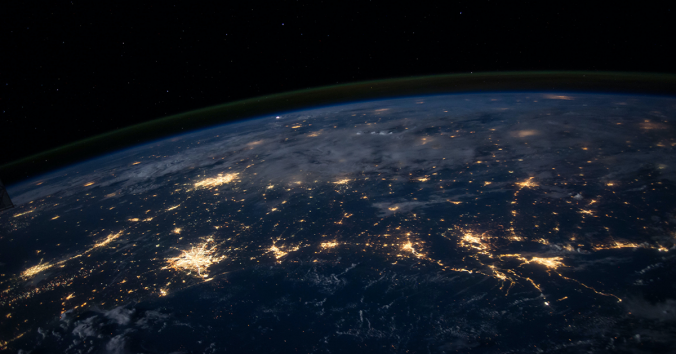Feeling confident is natural when we have the knowledge that the task requires. However, self-confidence can be harmful if we think that we know what we do not know. It can be really problematic if we make a habit of pretending that we know. Perhaps because we demand it of ourselves.
There is also another kind of self-confidence, which can seem unnatural. I am thinking of a rarely noticed form of self-confidence, which can awaken just when we are uncertain about how to think and act. But how can self-confidence arise precisely when we are uncertain? It sounds not only unnatural, but also illogical. And was it not harmful to exhibit self-confidence in such situations?
I am thinking of the self-confidence to be just as uncertain as we are, because our uncertainty is a fact that we are certain of: I do not know. It is easy to overlook the fact that even uncertainty is a reality that can be ascertained and investigated in ourselves. Sometimes it is important to take note of our uncertainty. That is sticking to the facts too!
What happens if we do not trust uncertainty when we are uncertain? I think we then tend to seek guidance from others, who seem to know what we do not know. It seems not only natural, but also logical. It is reasonable to do so, of course, if relevant knowledge really exists elsewhere. Asking others, who can be judged to know better, also requires a significant measure of self-confidence and good judgment, in the midst of uncertainty.
But suppose we instinctively seek guidance from others as soon as we are uncertain, because we do not dare to stick to uncertainty in such moments. What happens if we always run away from uncertainty, without stopping and paying attention to it, as if uncertainty were something impermissible? In such a judgmental attitude to uncertainty, knowledge and certainty can become a demand that we feel must be met, towards ourselves and towards each other, if only as a facade. We are then back where we started, in pretended knowledge, which now might become a collective high-risk game and not just an individual bad habit.
Collective knowledge games can of course work, if sufficiently many influential players have the knowledge that the tasks require and knowledge is disseminated in a well-organized manner. Maybe we think that it should be possible to build such a society, a secure knowledge society. The question I wonder about is how sustainable this is in the long run, if the emphasis on certainty does not simultaneously emphasize also uncertainty and questioning. Not for the sake of questioning, but because uncertainty is also a fact that needs attention.
In philosophy and ethics, it is often uncertainty that primarily drives the work. This may sound strange, but even uncertainty can be investigated. If we ask a tentative question about something we sincerely wonder about, clearer questions can soon arise that we continue to wonder about, and soon the investigation will begin. The investigation comes to life because we dare to trust ourselves, because we dare to give ourselves time to think, in the midst of uncertainty, which can become clarity if we do not run away from it. In the investigation, we can of course notice that we need more knowledge about specific issues, knowledge that is acquired from others or that we ourselves develop through empirical studies. But it is not only specific knowledge that informs the investigation. The work with the questions that express our uncertainty clarifies ourselves and makes our thinking clearer. Knowledge gets a well-considered context, where it is needed, which enlightens knowledge.
A “pure” game of knowledge is hardly sustainable in the long run, if its demands are not open also to the other side of knowledge, to the uncertainty that can be difficult to separate from ourselves. Such openness requires that we trust not only the rules of the game, but also ourselves. But do we dare to trust ourselves when we are uncertain?
I think we dare, if we see uncertainty as a fact that can be investigated and clarified, instead of judging it as something dangerous that should not be allowed to be a fact. That is when it can become dangerous.

Written by…
Pär Segerdahl, Associate Professor at the Centre for Research Ethics & Bioethics and editor of the Ethics Blog.
Thinking about thinking



0 Comments
1 Pingback